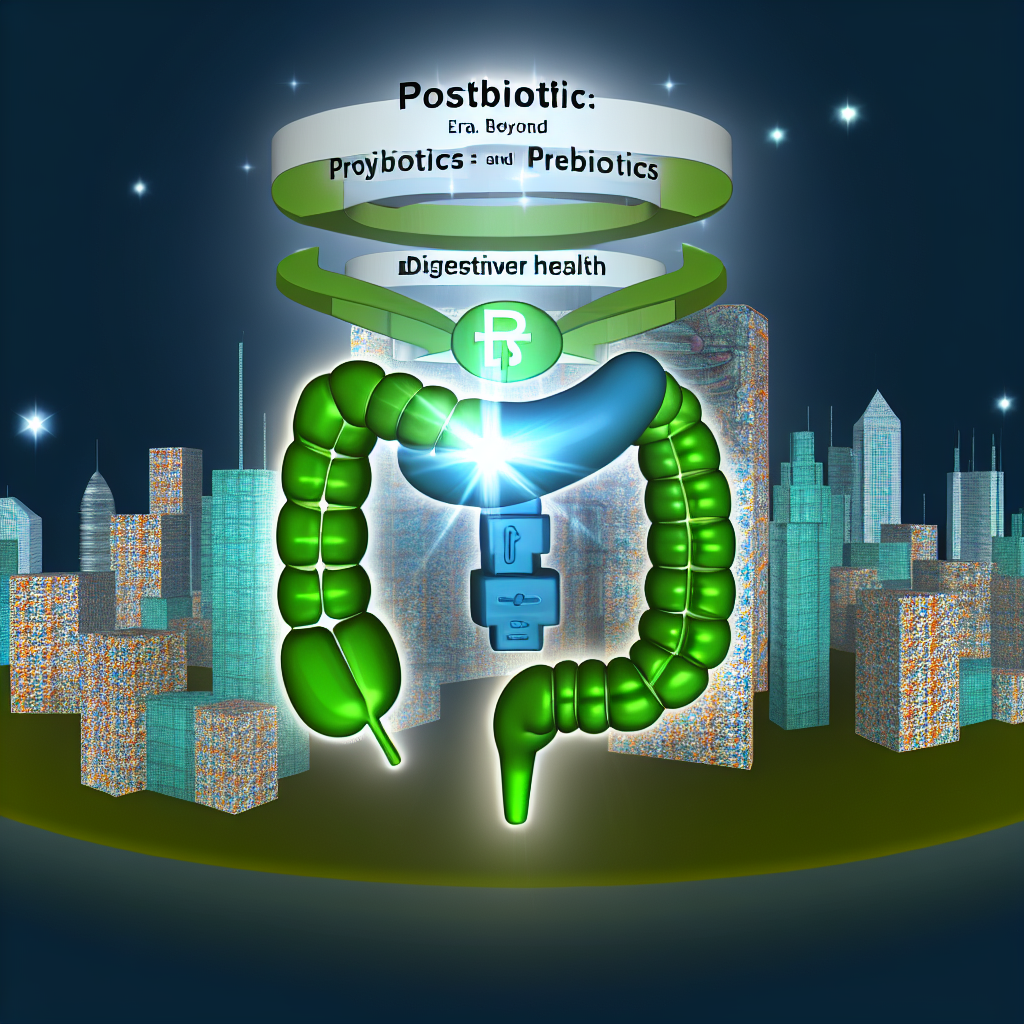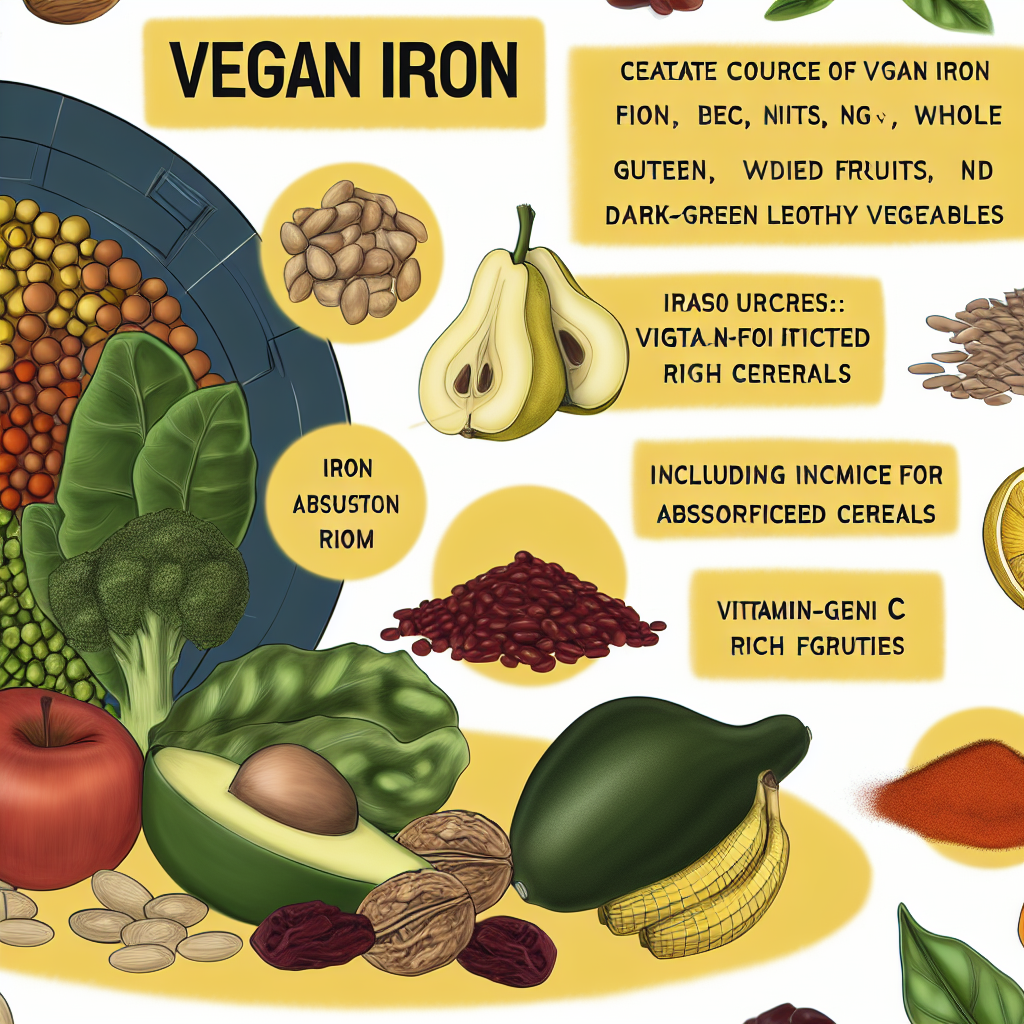Electrolyte Balance – Hydration Optimization Guide
Introduction
Maintaining electrolyte balance is one of the most crucial but often overlooked aspects of optimal health, especially in relation to hydration. Whether you’re an athlete, a wellness enthusiast, or simply pursuing a healthier lifestyle, understanding electrolyte dynamics can significantly enhance your vitality, brain function, and physical endurance. In today’s world, where peak physical and mental performance are valued more than ever, maintaining hydration with the right level of electrolytes is foundational.
Electrolytes are minerals and salts—primarily sodium, potassium, magnesium, calcium, phosphate, and chloride—that conduct electrical impulses throughout the body. These elements support crucial physiological functions such as muscle contraction, nerve signaling, pH balance, fluid retention, and nutrient absorption.
Potassium, for example, aids muscle communication with the brain, prevents cramping, and supports heart rhythm. Sodium and chloride regulate bodily fluids and blood pressure, while magnesium contributes to over 300 enzyme reactions impacting energy production, immunity, and nerve transmission.
Loss of electrolytes can occur through sweat during vigorous physical activity, sauna use, stress, illness, or from the use of diuretics and medications. These losses can lead to symptoms like fatigue, dehydration, muscle spasms, irregular heartbeat, or even confusion.
Many people view hydration solely as water intake, which can be problematic. For example, excessive water consumption without adequate electrolyte replenishment can dilute sodium levels, leading to hyponatremia, or “water intoxication”—a potentially life-threatening condition.
In recent years, natural and homeopathic approaches to maintaining electrolyte health have gained popularity. These include herbal infusions, coconut water, mineral-rich sea salt, and adaptogens like ashwagandha and licorice root. Traditional systems like Ayurveda and Chinese Medicine emphasize electrolyte management via food energetics, lifestyle, and cooling herbs.
This guide explores science-backed and natural strategies for electrolyte balance—how to recognize deficiencies, prevent imbalances, and optimize hydration through modern and traditional methods.
Supporting Research & Professional Studies
A growing body of evidence highlights the importance of managing electrolyte levels for boosting physical performance, cognitive clarity, and general wellness.
According to the American College of Sports Medicine (ACSM), individuals engaging in prolonged exercise should replace both fluids and electrolytes—especially sodium—to maintain performance and reduce the risk of hyponatremia (Sawka et al., 2007).
A study from the Journal of the International Society of Sports Nutrition found that electrolyte drinks outperform plain water for sustaining endurance. Participants reported reduced fatigue and fewer muscle cramps when using electrolyte-enhanced hydration strategies vs. water-only approaches (Bergeron et al., 2010).
Magnesium especially plays a vital role. A study in the journal Nutrients noted that magnesium not only helps muscle recovery but also reduces inflammation and oxidative stress induced by high-intensity exercise (Zhang et al., 2017). This makes it important not only for athletes but also for anyone under physical or emotional stress.
Sodium and potassium work together to maintain cardiovascular stability and neural communication. A landmark study in the New England Journal of Medicine linked poor sodium balance—either too high or too low—with increased cardiovascular risk (Mozaffarian et al., 2014).
In natural traditions, Ayurveda recommends hydrating with water infused with coriander, fennel, and cumin seeds to gently rehydrate and support digestion while replenishing minerals. Herbal medicine uses nettle leaf and dandelion root to increase mineral absorption, especially potassium, without causing dehydration often associated with diuretic formulas.
In homeopathy, remedies like Natrum Muriaticum (sodium chloride) and Kali Phosphoricum (potassium phosphate) are used at micro-doses to alleviate chronic fatigue and support neural health, particularly in stress or trauma-induced depletion scenarios.
Furthermore, clinical studies have validated coconut water as a highly effective post-workout beverage equivalent to commercial sports drinks. It provides natural potassium and magnesium without excess sugar and additives, and is often better tolerated compared to traditional electrolyte formulations (Saat et al., 2002).
Conclusion
True hydration isn’t achieved through water alone—it’s attained by maintaining a delicate balance of electrolytes that govern cellular health, nerve function, and muscle integrity. Ignoring electrolyte needs can lead to dysfunction ranging from mild fatigue to severe neurological or cardiovascular issues.
Natural and functional remedies incorporating whole foods, herbal teas, homeopathic minerals, and functional beverages like coconut water support sustainable hydration. These strategies align both with modern science and ancient wisdom, offering a comprehensive route toward elevated physical and cognitive performance.
Instead of reaching for sugar-heavy sports drinks or overhydrating on water alone, support your body intelligently with electrolyte-rich nourishment. Awareness and application of these principles will set the foundation for better performance, sharper focus, and a hydration system that works with your biology—not against it.
Concise Summary
Optimal hydration isn’t just about drinking water—it requires proper electrolyte balance. Electrolytes like sodium, potassium, and magnesium regulate muscle function, fluid balance, and nerve signaling. Losses from sweat, illness, or stress can cause fatigue and cramps. Scientific studies and holistic systems such as Ayurveda highlight the value of using natural sources (like coconut water, herbal infusions, and adaptogens) for replenishment. Avoid overhydration, and focus on mineral-rich fluids to improve vitality and cognitive performance. This guide merges research and tradition to help you maintain electrolyte health for enhanced well-being.
References
– American College of Sports Medicine (ACSM): Exercise and Fluid Replacement
– Mozaffarian, D. et al. (2014). Global Sodium Consumption and Cardiovascular Risks – The NEJM
– Bergeron, M. et al. (2010). Electrolytes in Endurance Exercise – JISSN
– Zhang, Y. et al. (2017). Magnesium and Exercise – Nutrients Journal
– Saat, M. et al. (2002). Coconut Water for Rehydration – PubMed
For more natural health tips and hydration support, visit www.foodade.com.

Dominic E. is a passionate filmmaker navigating the exciting intersection of art and science. By day, he delves into the complexities of the human body as a full-time medical writer, meticulously translating intricate medical concepts into accessible and engaging narratives. By night, he explores the boundless realm of cinematic storytelling, crafting narratives that evoke emotion and challenge perspectives.
Film Student and Full-time Medical Writer for ContentVendor.com




